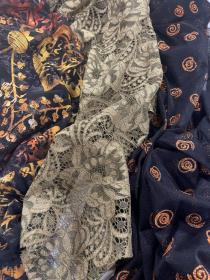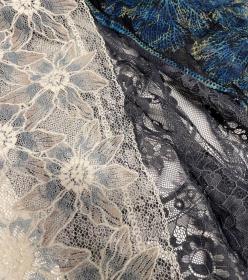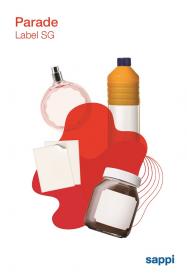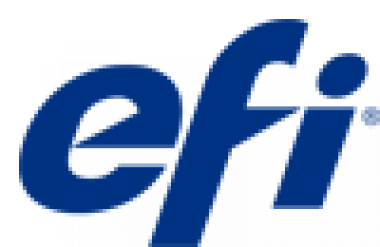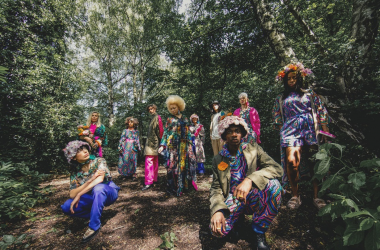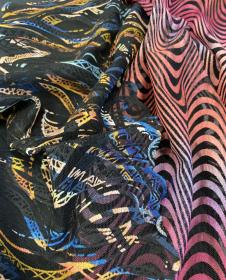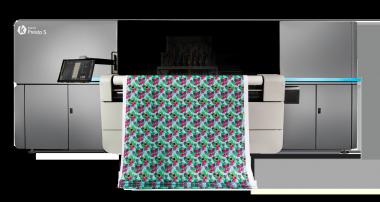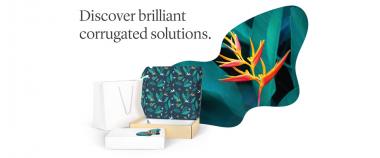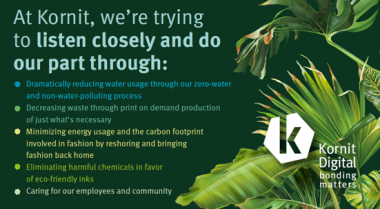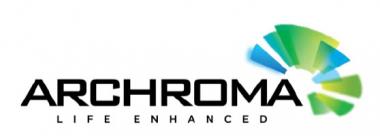Iluna Group attends Première Vision with its "Smart Lace System"
From athleisure to fashion, via underwear, from sarongs to bodysuits, through evening and bridal gowns, up to the world of denim and high fashion, Iluna's lace continues to expand its applications, confirming its versatility, performance and beauty. Trends run and pass quickly, but Iluna lace remains a certainty in all its forms, variations and colors. Since 2017 Iluna has been using only sustainable and certified ROICA™ stretch yarns from the ROICA Eco-Smart™ family, while the percentage of sustainable references has risen from 3% in 2018 to 52% in 2021.
There are four main proposals presented by Iluna Group during Première Vision ( 8-10 February 2022) :
- Flock in flounce or allover entirely made with recycled ingredients and equipped with endless printing possibilities, with 3D and multicolor effects that allow the inclusion in fashion, underwear and athleisure looks. All certified GRS (Global Recycled Standard).
- Continued investment in both the Green Label and Bioline, two collections totally dedicated to innovative and responsible aesthetics. Both include lace made with the responsible 6.6 polyamide yarn Amni Soul Eco® and the degradable stretch fiber ROICA™ V550, combined with natural vegetable dyes with OEKO TEX and GOTS certifications.
- The union of a chenille yarn blended with FSC-certified viscose and Renycle® yarn, a product obtained by recycling nylon 6, a high-value material with excellent strength, dyeing, softness and versatility, gives life to surprising new Textronic. The embossed designs with 3D effect create a cloud effect that, combined with Lurex, gives unexpected glows.
- GRS-certified tulles printed with GREENDROP technology, the new GOTS-certified digital pigment printing system, with lower energy consumption and low water waste, thanks to an internal closed-circuit process for water recycling.
Iluna Group / C.L.A.S.S.


